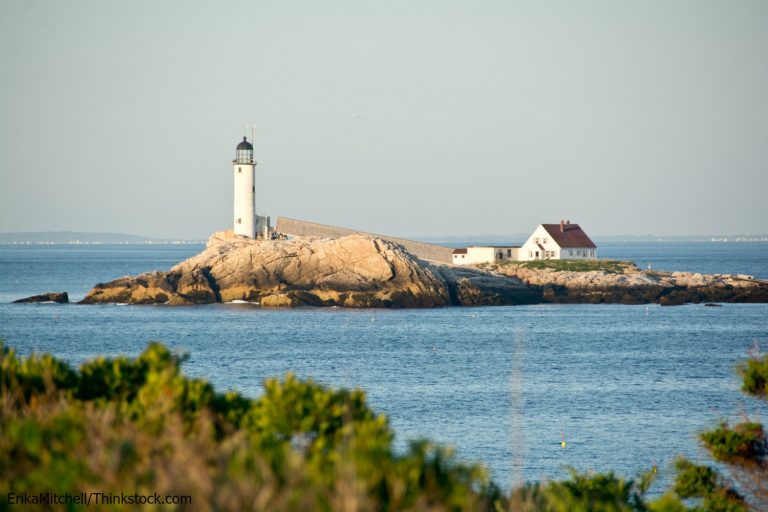JOY Daily Devotional: Advent 3 – Day 17
Cultivate joy each day this week.December 17: Sharing Joy Scripture: Psalm 126:2-3 –– Then our mouth was filled with laughter and our tongue with shouts of joy; then it was said among the nations, “The Lord has done great things for them.” The Lord has done great things for us, and we rejoiced. Meditation: Our […]


